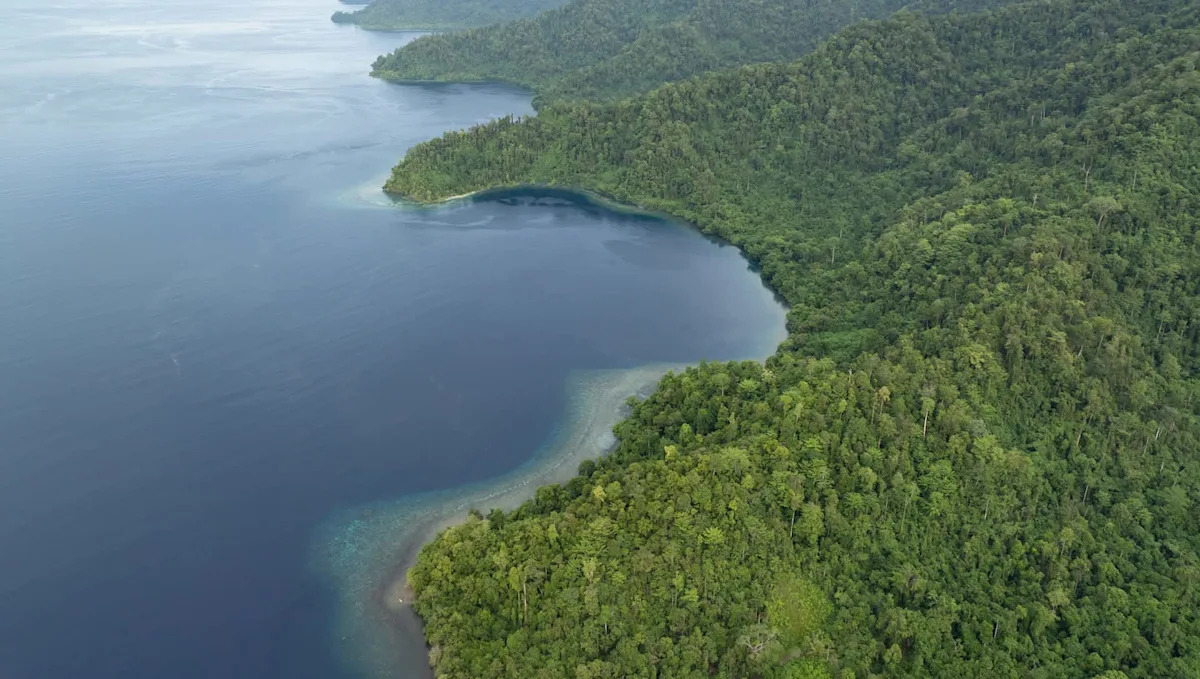A new study has identified a crucial habitat for whale sharks, the largest fish on Earth, that is also unfortunately under threat from human activity.
What’s happening?
Research published in the journal Frontiers in Marine Science identified the Bird’s Head Seascape off Indonesia’s West Papua as a vital habitat for the juvenile male whale sharks, according to Mongabay. The researchers worked for 13 years to observe the whale sharks, counting 268 individuals, mostly males, using the habitat as a nursery and/or foraging ground to avoid predation while growing.
The study also revealed the ongoing negative impact of human activities on the species. Whale sharks tended to gather around fishing platforms, where they were likely to be injured by nets and boats. There’s also an emerging threat from nearby nickel mining operations, threatening whale shark habitats and food supplies.
“The scars and wounds we see on whale sharks are like a diary of their encounters with people,” Edy Setyawan, lead conservation scientist at the Elasmobranch Institute Indonesia and lead author of the paper, told the outlet.
Why are whale sharks important?
Whale sharks are endangered and have seen their numbers drop by more than half globally and by two-thirds in the Indo-Pacific Ocean. That’s a dangerous drop for the species, which takes roughly 30 years to reach adulthood. The impacts of human activities slow down repopulation efforts.
According to the World Wildlife Fund, whale sharks’ dwindling populations are worrisome because they function as an indicator of the presence of plankton and the overall health of the ocean. They also note that whale sharks are prime tourist attractions thanks to their gathering in large groups to feed, somewhat ironic given how under threat they are from the very humans who want to observe them.
What’s being done about whale shark protection?
The study’s authors hope that increased understanding of the whale sharks can lead to better protection for the animals, including boat speed limits, propeller guards, tourism caps, and safer fishing platforms, according to Mongabay.
Join our free newsletter for good news and useful tips, and don’t miss this cool list of easy ways to help yourself while helping the planet.

